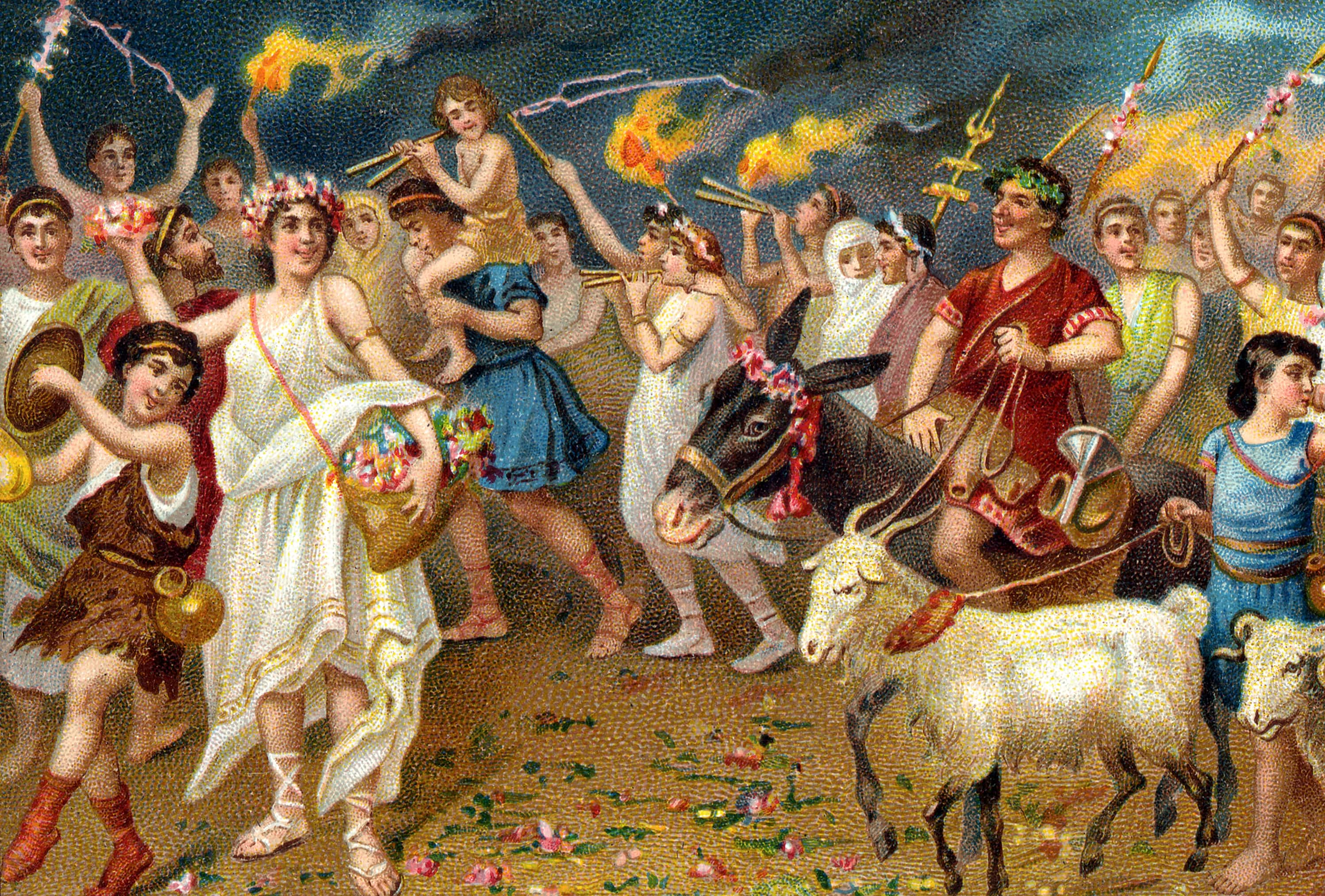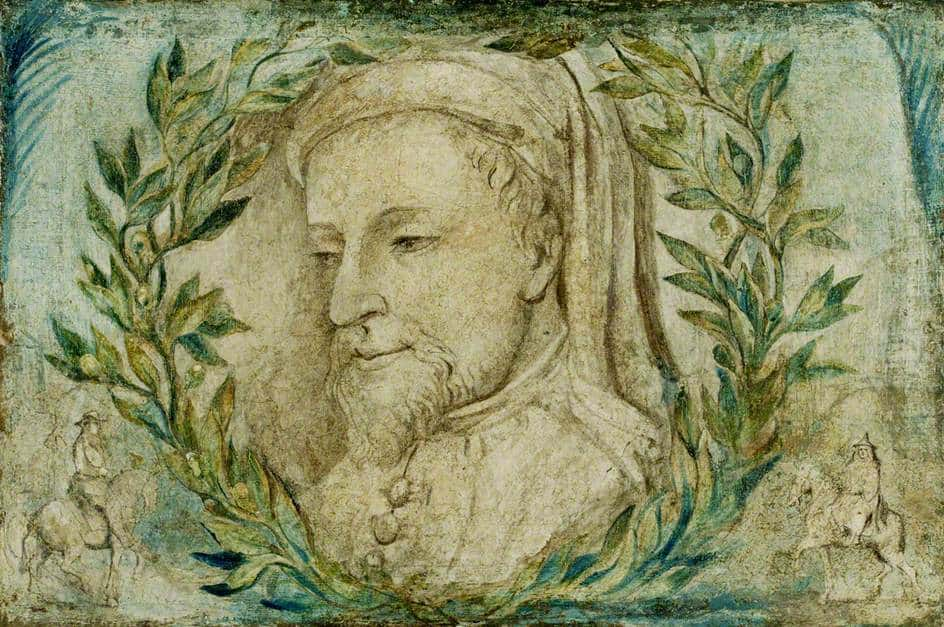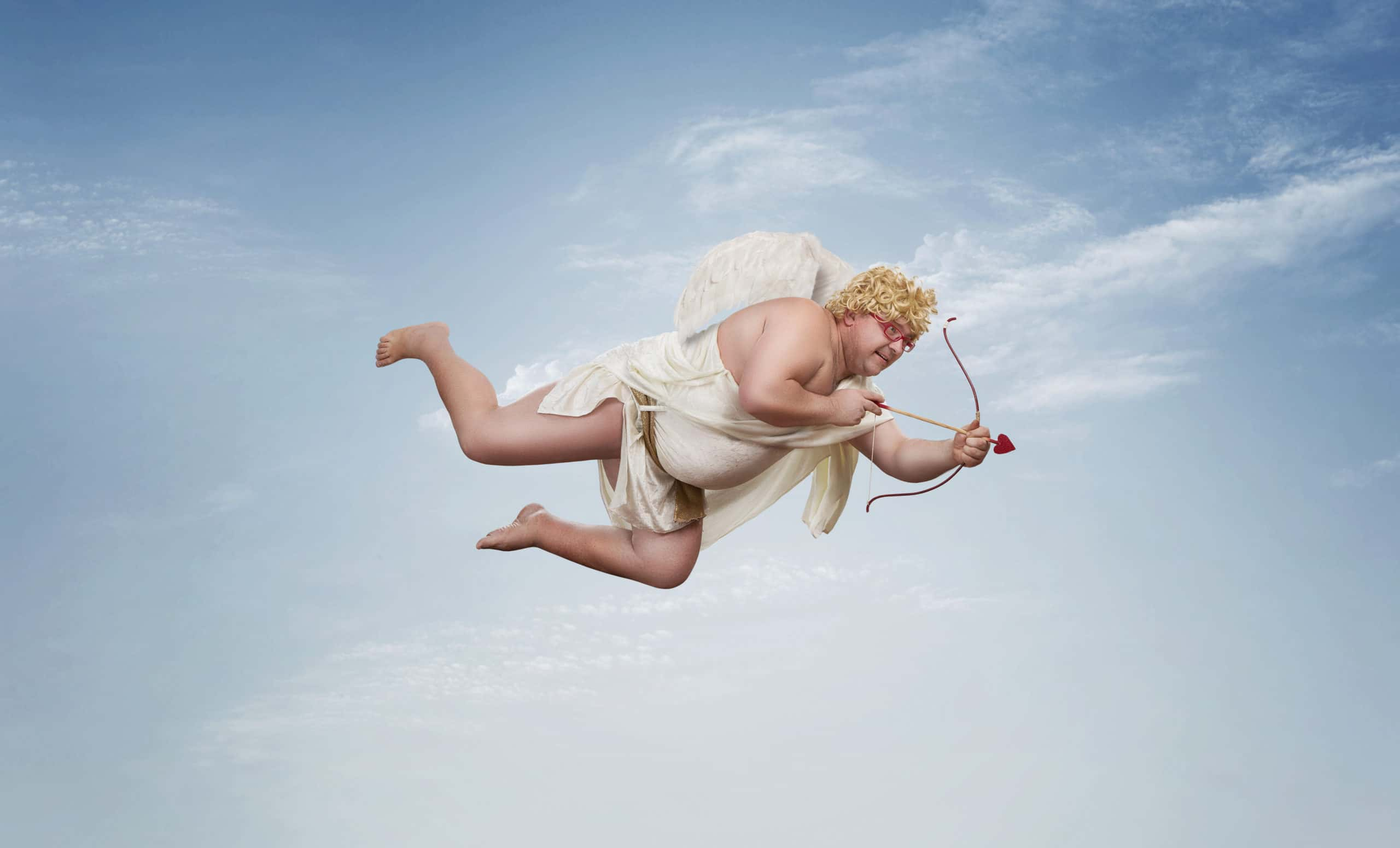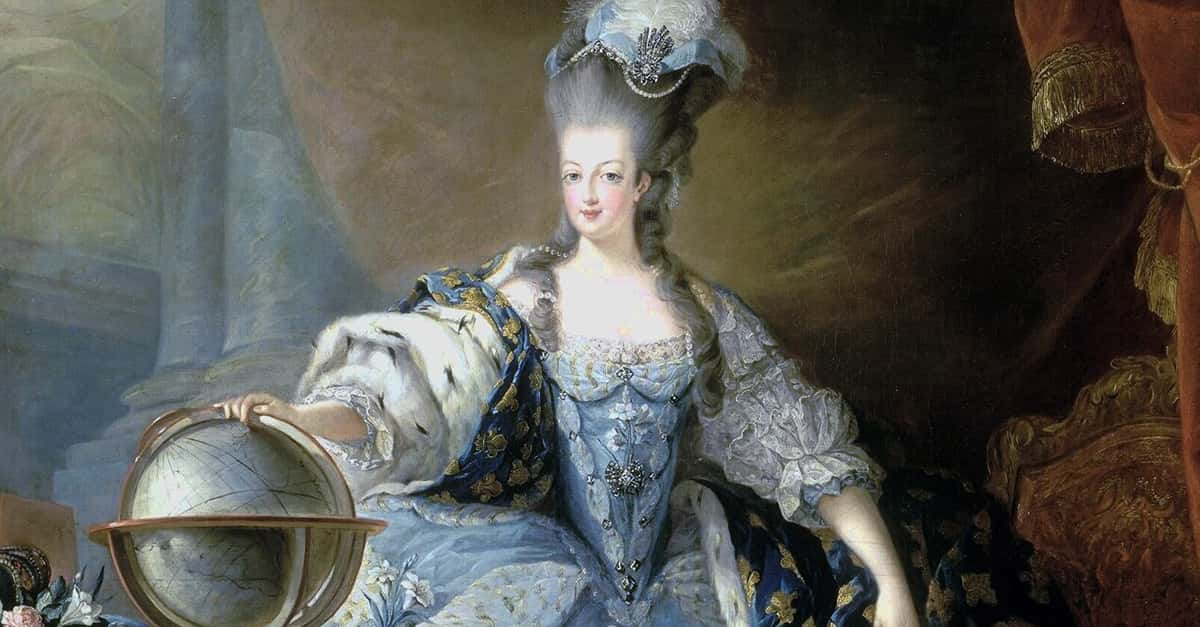We in the Western world celebrate a lot of religious holidays. They are, after all, holy days. But while the Christian origins of days like Christmas and Easter are fairly obvious, why do we celebrate Valentine's day and what the heck does it have to do with religion? We know that it’s called Saint Valentine’s Day, so there’s got to be a connection to Christianity somewhere, but it’s definitely not obvious.
Was there a Saint Valentine who sent boxes of chocolate to pious Christians? Did he have wings and a bow, and did he shoot sinners to make them love the Lord? Not exactly... So then, who was Saint Valentine? Why do we celebrate Valentine’s Day? And of course, in the immortal words of Tina Turner: What’s love got to do with it?
Why Do We Celebrate Valentine's Day?

Sign up to our newsletter.
History’s most fascinating stories and darkest secrets, delivered to your inbox daily. Making distraction rewarding since 2017.
Be My Valentine
Well, let’s start off with the first question: Who was Saint Valentine? The answer is: he was…several people. No, this isn’t a “My name is Legion, for we are many…” scenario. There were several martyrs named Valentine who have been canonized by the Catholic Church. In fact, there are records of at least three early saints named Valentinus.
One of them was a third-century Roman priest. Emperor Claudius II created a law that forbade soldiers from marrying, but Valentinus performed weddings for them anyway. Like many people who disregarded the words of a Roman Emperor, Valentinus was put to death for his crimes.

Take Your Pick
Claudius II apparently hated anyone named Valentine, because there are reports of yet another Catholic priest with that name who was killed by the same emperor. And to muddy the waters even further, there was allegedly yet another Valentine who helped Christians escape Roman prisons and met a similar fate. He’s the one who allegedly wrote a letter signed, “From your Valentine,” though that story’s probably apocryphal.
It’s unclear which of these Valentines exactly is honored on February 14; all that matters is in 496, Pope Gelasius I established the Feast of Saint Valentine to honor the Christian martyr…whichever one that was.
A Second Hand Emotion
That covers the “who,” and the “why,” but now we get to the most important question: What’s love got to do with it? Sure, one of those Valentines performed marriages, but celebrating priests who died violent deaths ain’t exactly romantic. How on earth did we get from there to "roses are red, violets are blue..." and heart-shaped boxes of chocolates?
For years, writers reported that the love-connection came from an ancient pagan holiday. The Romans once celebrated a fertility festival between February 13-15 called Lupercalia. This bizarre ritual saw the sacrificing of animals, the whipping of women with freshly-flayed goatskin, and men drawing women’s names out an urn to couple up.
Ok, that sounds a little like today’s Valentine’s Day, but before you go smacking your girlfriend with goatskin this year, I've got some bad news: There is no concrete ancient source that can connect Lupercalia and the Feast of St. Valentine.
Rather, it seems we have Geoffrey Chaucer to thank for Valentine's Day's lovey-dovey nature.
Chauce Boss
As if the 14th-century poet wasn’t influential enough, Geoffrey Chaucer was also the first person to connect Valentine’s Day with romantic love. In a poem written to commemorate King Richard II’s engagement, he wrote: “For this was on seynt Volantynys day Whan euery bryd comyth there to chese his make.”
Or, for anyone who’s not a master in Middle English: “For this was on St. Valentine's Day, when every bird cometh there to choose his mate.” Sure, it's not the most tear-jerking Valentine you've ever read, but this is the first time a writer implied that Valentine's Day was a time for love.
Starting To Catch On
Now, here's the awkward part: Chaucer might have been referring to a totally different Valentine’s Day. Another (!) Saint Valentine was once celebrated on May 3, which also happened to coincide with the day King Richard finalized his marriage contract. Either way, regardless if Chaucer was talking about our Valentine’s Day or not, the connection he made stuck. The Feast of Saint Valentine is for lovers.
A few decades later, in 1415, Charles, Duke of Orleans wrote the first known Valentine’s Day love note: written to his wife while he was imprisoned in the Tower of London after the Battle of Agincourt. By the end of the century, countless English lovers were signing their notes with “my Valentine.” Then finally, by 1600, Valentine’s Day hit the big time: Shakespeare himself refers to the lovestruck holiday in Hamlet.
Thank The Penny Black
So that’s how we got from martyred priests to cutesy poems. As for the commercialization of the holiday? Well, we can thank the postage stamp for that. While writing love notes for Valentine’s was common by the 19th century, cheap postal rates made it a downright phenomenon.
In 1835, 60,000 hand-written Valentines made their way through the English postal service. In 1841, the year after the first postage stamp debuted, that number spiked to 400,000.
They Call Me MRS. Valentine!
Over in the United States, a savvy businesswoman named Esther Howland received one of these Valentines from a British business associate of her father’s. Intrigued, Howland thought something similar could catch on in America. She started importing paper lace and selling her own decorative Valentines, and they were a massive hit.
Within just a couple years, Howland, now known as the “Mother of the American Valentine,” had turned St. Valentine’s Day into a national holiday in the States.
Don’t Forget The Chocolates
Then, a couple decades after that, a little British chocolate company called Cadbury had the revelation to make decorative, heart-shaped boxes that people could send along with their Valentines. They called them Fancy Boxes, and of course, they were a hit.
Nowadays, it seems like pretty much every holiday is about a commercialized as it can get—but Valentine’s Day was the first. In the middle of the 19th century, Valentine’s was already big business, and it set the standard for all of the so-called “Hallmark Holidays” that followed it. If you've got a problem with that, take it up with Saint Valentine (one of the three), or Pope Gelasius I, or Chaucer, or the Duke of Orleans, or Esther Howland.
Or, instead, maybe just tell someone you love that you love them. I bet that'll feel better.



















